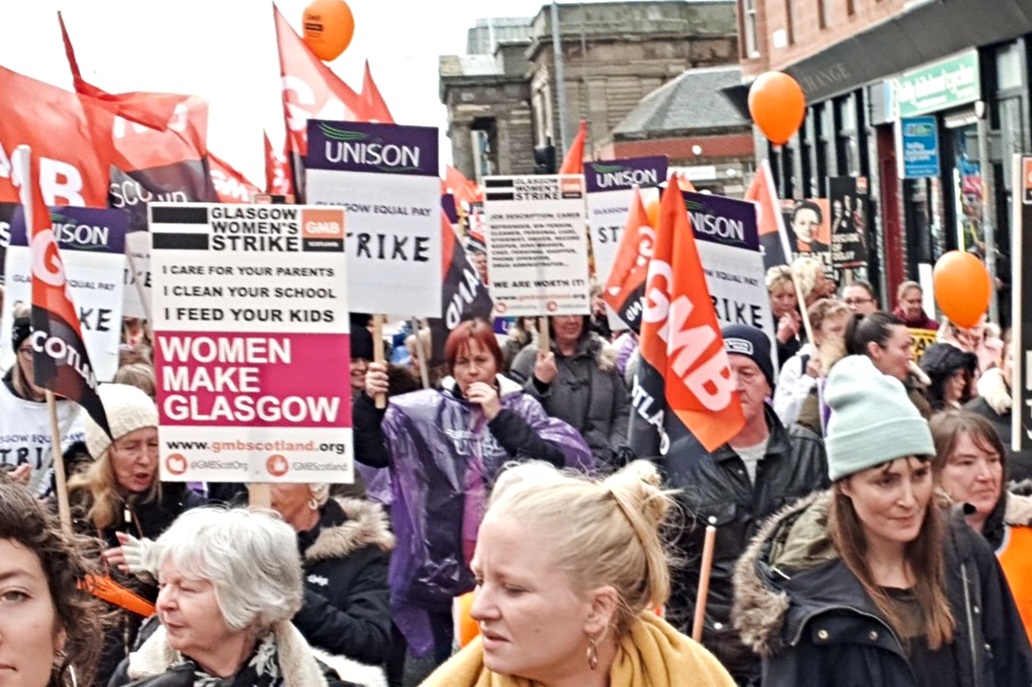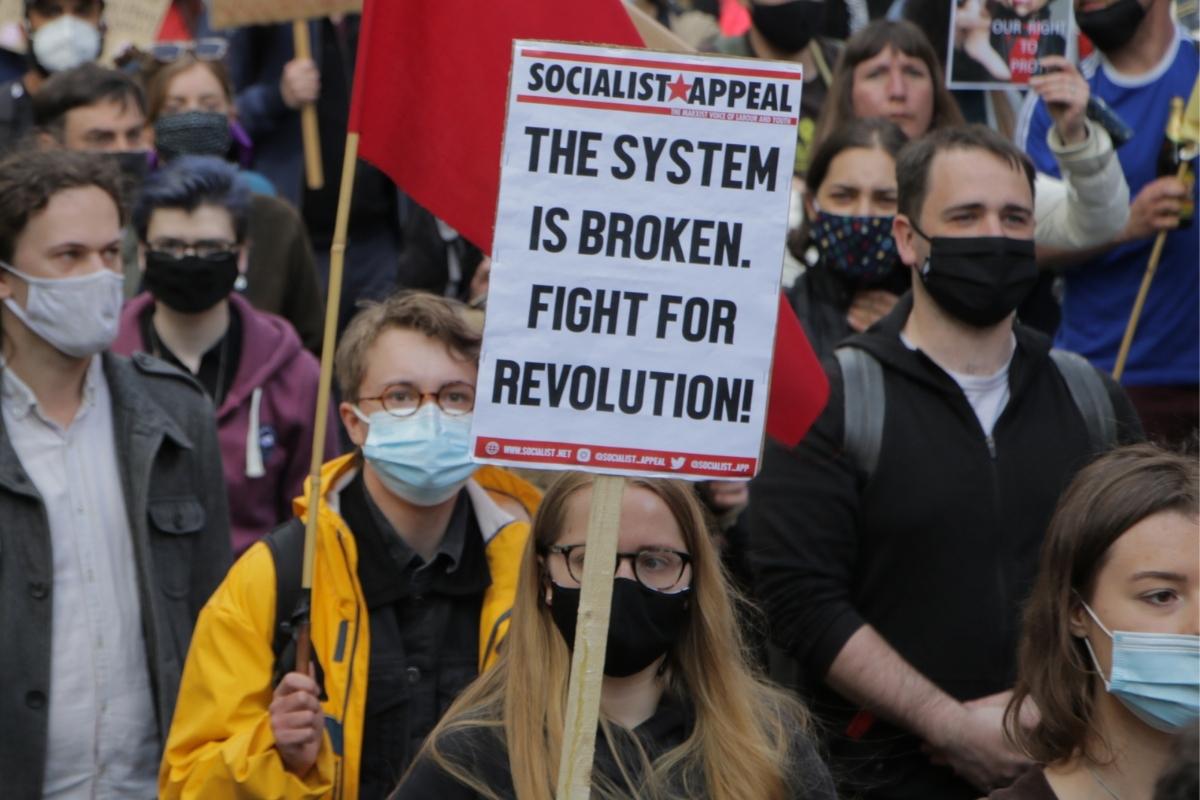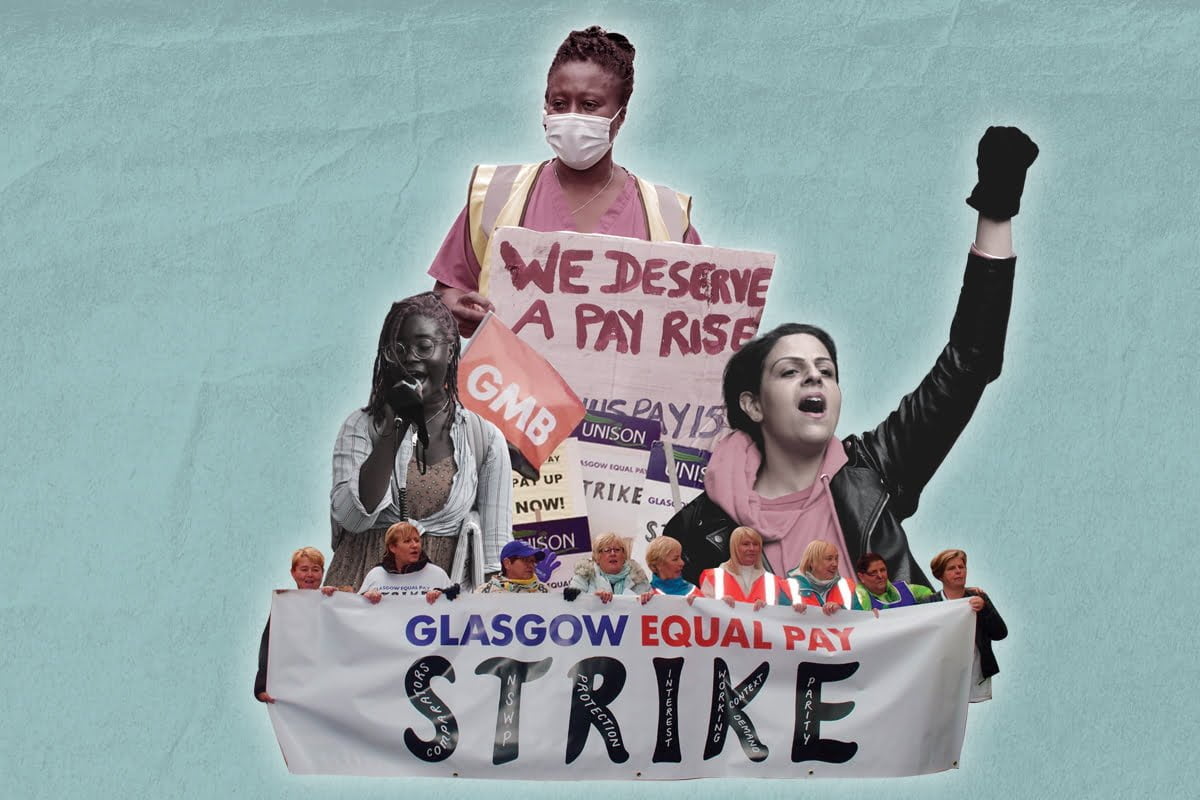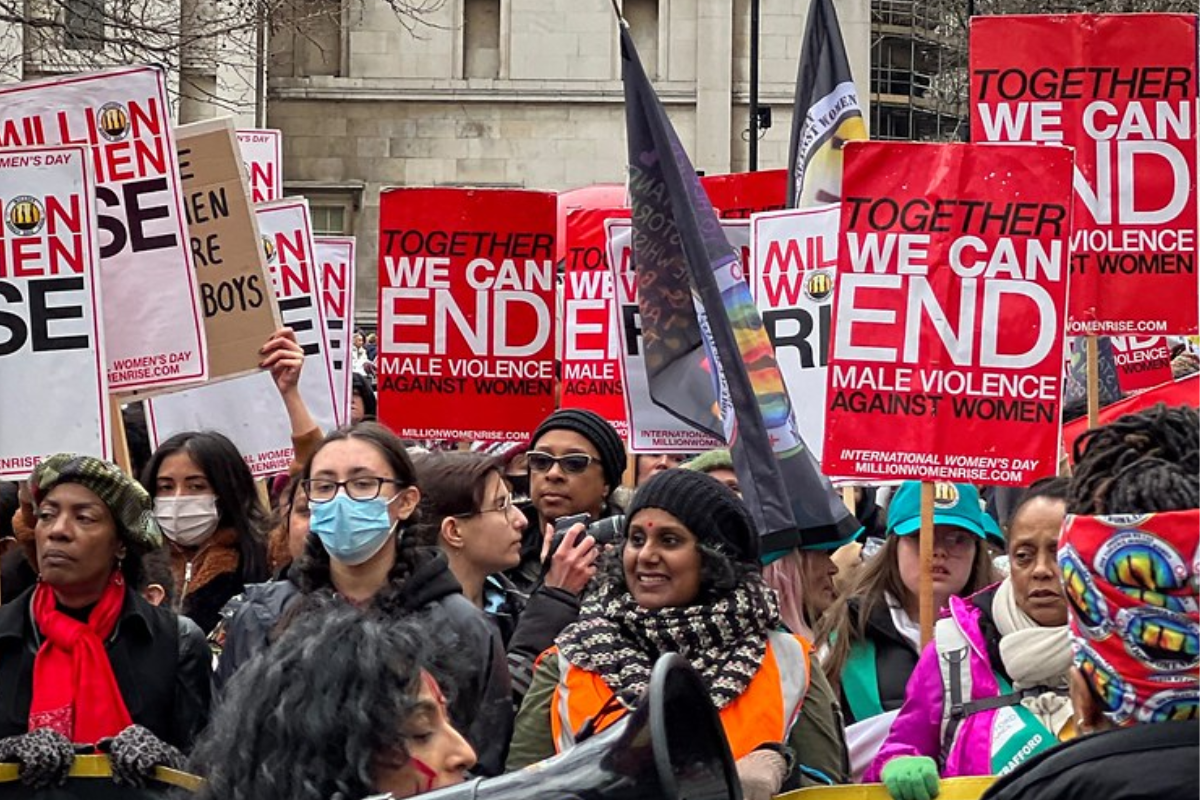8th March marks International Women’s Day (IWD). As this date comes around again, women workers in my union – Unison – face enormous struggles ahead of them.
Over the last twelve years, and across the whole public sector, it is women workers who’ve been some of the hardest hit by the crisis of capitalism.
Workers under attack
Using scandalous loopholes in the law, for example, it’s not uncommon for care companies to pay staff below the minimum wage for the work they do.
Healthcare assistants regularly end up working ten-hour shifts, if not longer, while putting up with lack of resources, overwork, and even assaults on the job.
As councils sell off every service they can due to austerity, local government workers face the threat of ‘fire and rehire’ – assuming that they aren’t just made redundant.
And outside the workplace, cuts have savaged what little infrastructure existed to help women facing abuse. It is near-impossible to get access to a shelter or proper advice.
All of these industries and sectors either mainly employ women, are mainly used by women, or both. In all of them, exploitation, sexist treatment, and abuse run rife.
Fighting back
 For women workers, and for the working class in general, life under capitalism is one unending struggle.
For women workers, and for the working class in general, life under capitalism is one unending struggle.
But we don’t have to simply accept this as our lot in life. History, and recent events, show us that we – as a class – can fight back.
From the Matchgirls’ battle to the Grunwick strike: Women workers throughout history have played a vital role in the labour movement, proving their strength in organising, striking, and fighting against the bosses and their divide-and-rule tactics.
Notably, meanwhile, it was working-class women who sparked the Russian Revolution on IWD in 1917. And it was the Bolshevik revolution – armed with a clear socialist programme – that provided huge advances for women in Russia, such as rights on voting, divorce, and abortion.
Our role in the movement today is no different. Just look at the struggle at Glasgow city council, where female Unison members have taken a stand to demand pay equality – part of a wider battle to defend the pay, jobs, and conditions of all public sector workers.
Similarly, the battle to save the NHS and defend health workers has been spearheaded by women activists from across the trade union movement, fighting alongside male colleagues against privatisation and for fair pay.
Class struggle
 This shows the way forward in fighting against inequality and injustice: through class struggle and unity.
This shows the way forward in fighting against inequality and injustice: through class struggle and unity.
Our class is at its strongest when it organises together to fight back – with women and men standing shoulder to shoulder against the employers and Tories, to end austerity, defend services, and improve the condition of the entire working class.
Collectively, united as workers, we can bring an end to the oppression we face, by ending the exploitation that all workers face at the hands of the capitalists.
Through our common struggle, we can smash capitalism and sexism, and bring about a socialist society free of discrimination, bigotry, and want.






